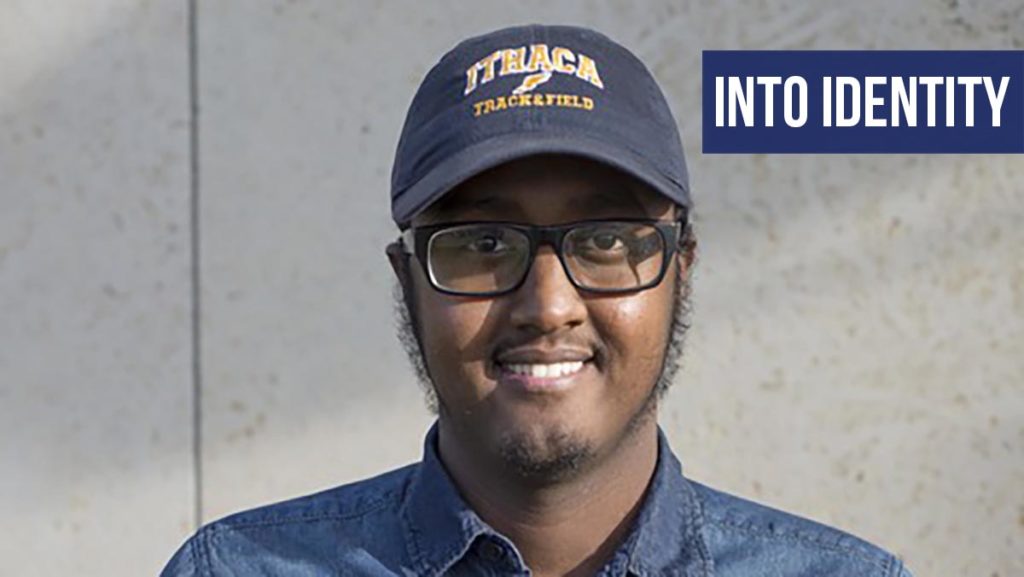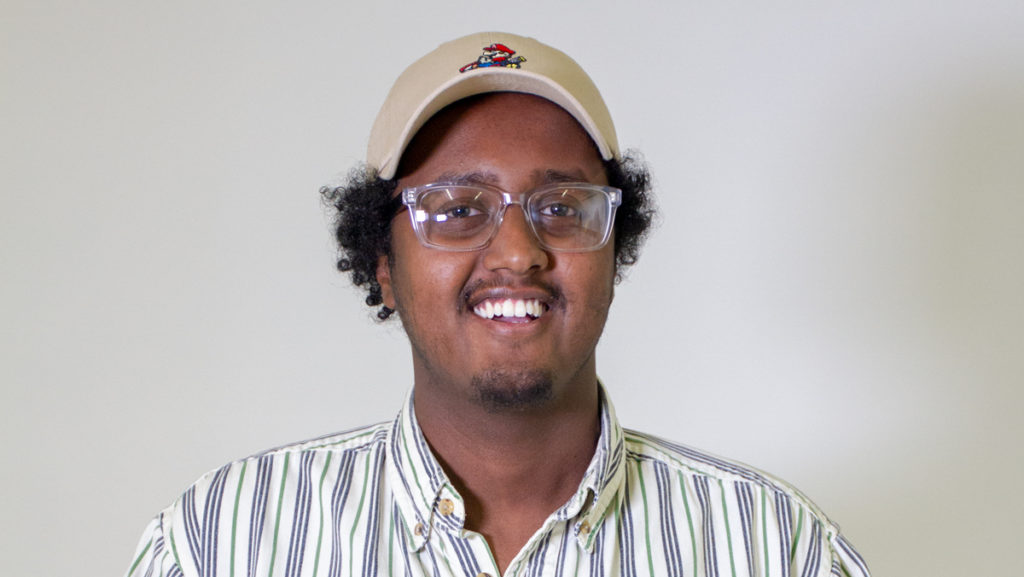Protesters tried shutting down a talk by Heather Mac Donald at Claremont McKenna College in Claremont, California. In response to these protests, David Oxtoby, president of neighboring Pomona College, released a statement supporting the right of controversial figures like Mac Donald to speak on campus. His statement then triggered an open letter by a group of mostly minority students from the Claremont schools. They ask Oxtoby to take punitive action against a conservative student-run publication, The Claremont Independent.
This open letter is alarming and embarrassing in many ways. However, I’m most disturbed by the students’ suggestion that marginalized identities need vigilant protection from conservative speakers like Mac Donald, whom they falsely brand as “white supremacist,” “racist,” and “fascist,” among other epithets.
Students and even professors at Wellesley College in Massachusetts also mounted clumsy and anti-intellectual defenses of censorship under a similar pretense: Offensive speech inflicts “injury” and “harm” against students, particularly those of marginalized backgrounds, and should, therefore, be restricted and punished.
The perception that minority students are so incompetent at formulating rebuttals against speech that is offensive or intolerant — read: conservative — that they need to be “protected” from it is beyond backward. It is the ultimate form of patronization. I’m gay, black and an immigrant, and believe me, I am more than capable of speaking up in defense of my values — especially in the face of those who despise my existence.
College students’ attempting to repress and punish speech that is offensive to minorities may seem like a recent phenomenon. But this type of wanton censoring, in fact, dates back to the 1980s and ’90s, when speech codes — university policies restricting expression protected by the First Amendment — proliferated across colleges and universities. Most of these speech codes were adopted to safeguard historically disadvantaged students against racial intolerance and prejudice. Due to their unconstitutionality, speech codes did not survive legal challenges and, in some cases, harmed their intended beneficiaries. According to the American Civil Liberties Union, 20 black students were charged by whites with “offensive speech.”
Diversity, inclusion and free speech have become prominent issues on campuses across the nation. Of course there needs to be productive dialogue among people of all ideological persuasions. However, censorship in the name of sensitivity merely betrays the academic mission of higher education.






